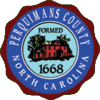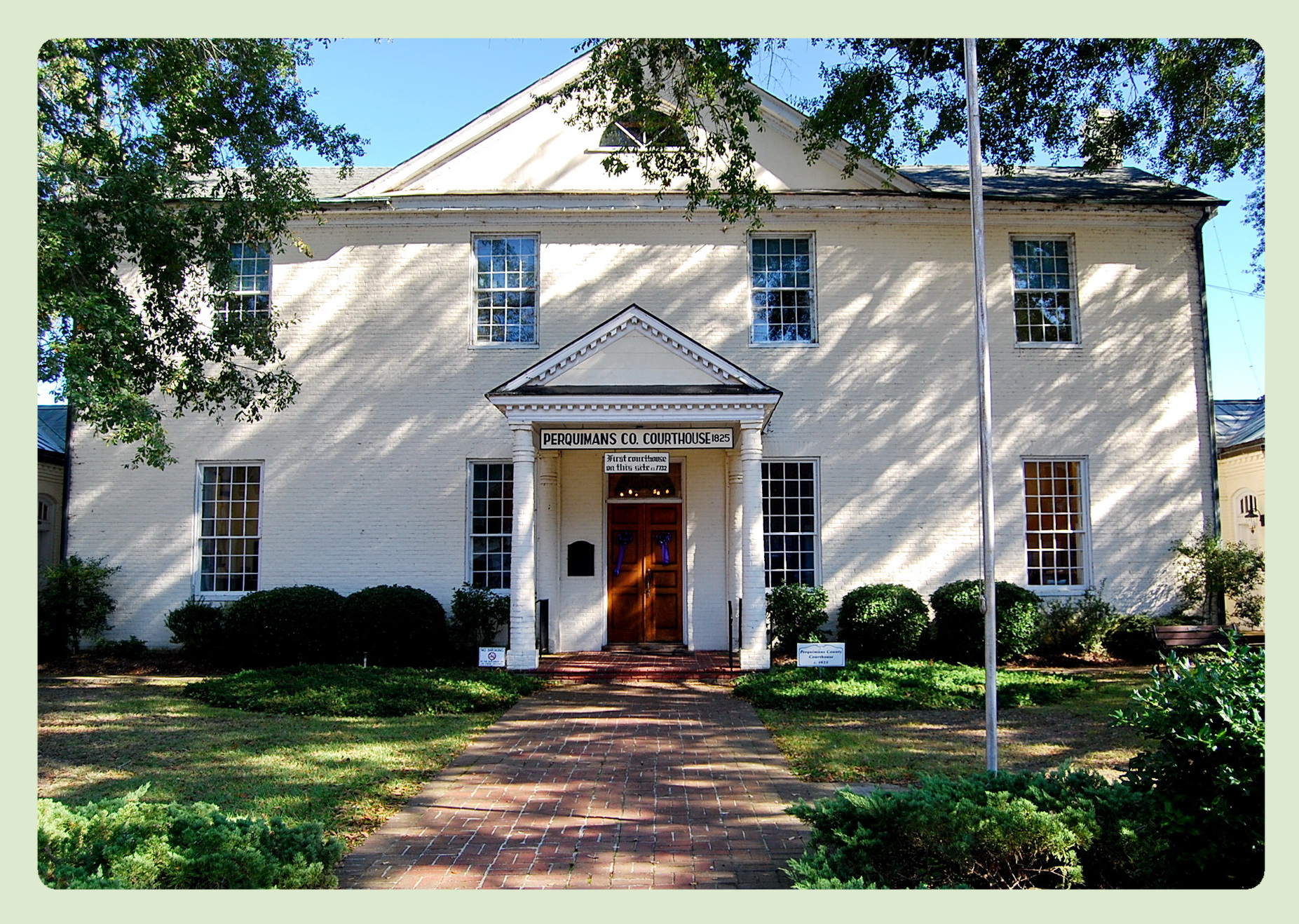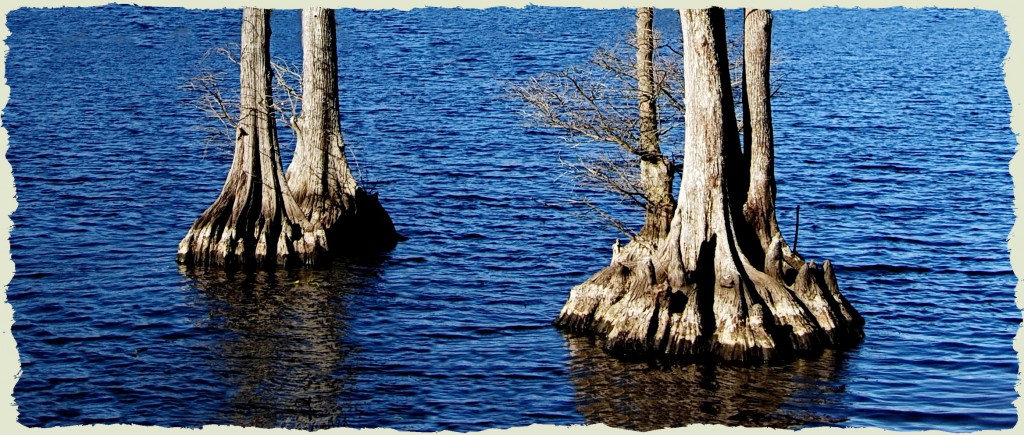 Perquimans, meaning “Land of Beautiful Women,” was named by its earliest inhabitants, the Yeopim Indians, a branch of the family of Algonquians. Perquimans included the land between the Yeopim River and Little River; at its greatest extent, it reached from the Virginia border to the Alligator River. Today, its people occupy 261 sq. miles of low land between the Albemarle Sound and the Dismal Swamp.
Perquimans, meaning “Land of Beautiful Women,” was named by its earliest inhabitants, the Yeopim Indians, a branch of the family of Algonquians. Perquimans included the land between the Yeopim River and Little River; at its greatest extent, it reached from the Virginia border to the Alligator River. Today, its people occupy 261 sq. miles of low land between the Albemarle Sound and the Dismal Swamp.

(Photo credit: Susan Griffin)
Englishmen began the permanent settlement of this region of North Carolina about 1650. Perquimans county was formed in 1668 as a precinct of the much larger County of Albemarle, and is home to the Newbold White House. Built in 1730, the Newbold-White House is the oldest brick structure in the state.
A portion of Perquimans county was deeded to George Durant in 1661 by Kilcocanen, King of the Yeopim Indians. With the river as the region’s major thoroughfare, the small settlement called Hertford served as the state’s first capital until 1716.
In 1696 the records show that there were in Carolina sixty or seventy scattered families, settled principally along the water front for twenty miles up Little River shore, and around to Perquimans River. The inlet of Roanoke was frequented by small vessels trading to and from the West India Islands, and pirates and run-away slaves resorted to this place from Virginia.
(Colonial Records, Vol. I, page 467.)

THE PERQUIMANS RIVER
From the Great Swamp’s mysterious depths,
Where wild beasts lurk and strange winds sough;
From ancient forests dense and dark,
Where gray moss wreathes the cypress bough;
‘Mid marshes green with flowers starred,
Through fens where reeds and rushes sway,
Past fertile fields of waving grain,
Down to the sea I take my way.
The wild swan floats upon my breast;
The sea-gulls to my waters sink;
And stealing to my low green shores,
The timid deer oft stoops to drink.
The yellow jessamine’s golden bells
Ring on my banks their fairy chime;
And tall flag lilies bow and bend,
To the low music keeping time.
Between my narrow, winding banks,
For many a mile I dream along
‘Mid silence deep, unbroken save
By rustling reed, or wild bird’s song;
Or murmuring of my shadowed waves
Beneath the feathery cypress trees,
Or pines, responsive to the breath
Of winds that breathe sea memories.
So far removed seem shore and stream,
From sound and sight of mart or mill,
That Kilcokonen’s painted braves
Might roam my woods and marshes still.
And still, as in the days of yore,
Ere yet the white man’s sail I knew,
Upon my amber waves might skim
The Indian maiden’s light canoe.
Thus, half asleep, I dream along,
Till low at first, and far away,
Then louder, more insistent, calls
A voice my heart would fain obey.
And by a force resistless drawn,
The narrow banks that fetter me
I thrust apart, and onward sweep
In quiet strength toward the sea.
I leave my marshes and my fens;
I dream no more upon my way;
But forward press, a river grown,
In the great world my part to play.
Upon my wide and ample breast,
The white-winged boats go hurrying by;
And on my banks the whirring wheels
Of busy mills hum ceaselessly.
And sharing man’s incessant toil,
I journey ever onward down,
With many a lovely sister stream,
With all the waters of the Sound,
To join the sea, whose billows break,
In silver spray, in wild uproar,
Upon the golden bars that guard
The lonely Carolina shore.
From “In Ancient Albemarle” by Catherine Albertson, 1914.